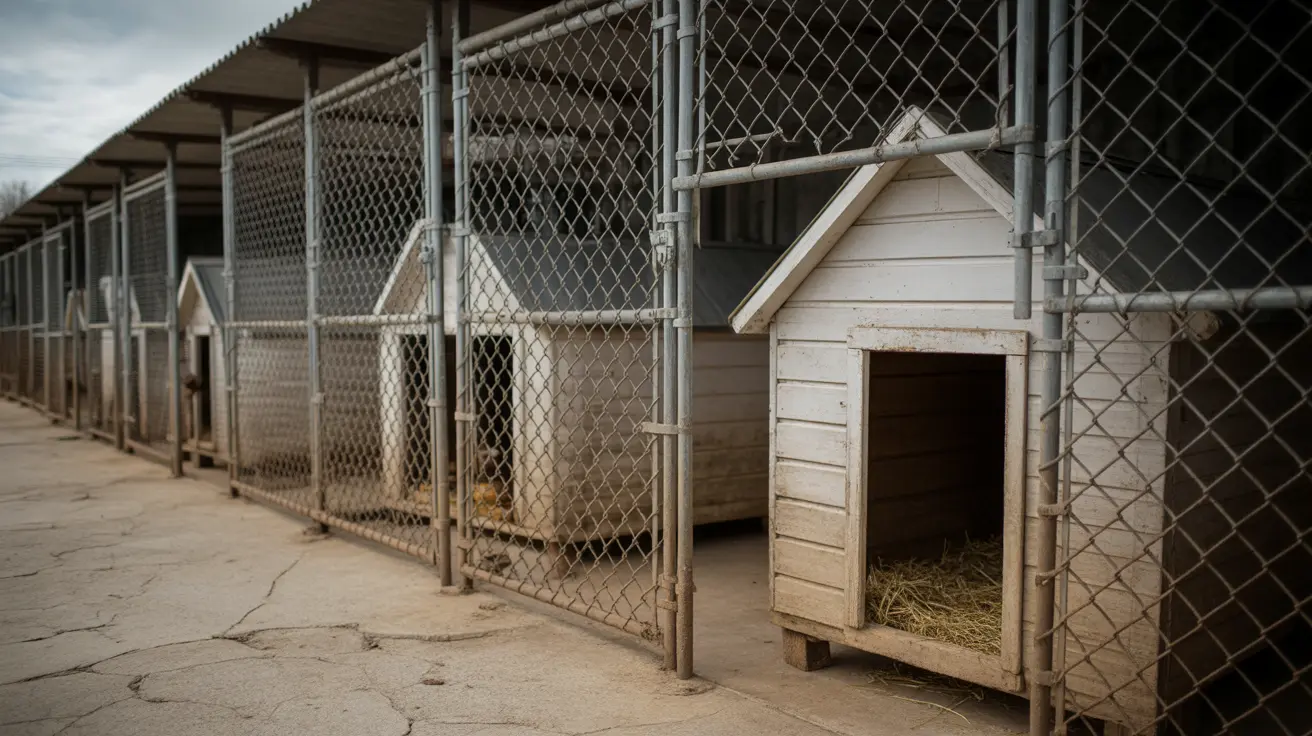What Vets Say About Littermate Syndrome: A Critical Look
Littermate syndrome is a behavioral condition that affects puppies raised together, particularly siblings. While the term isn't universally acknowledged in academic veterinary literature, many
veterinarians and animal behaviorists have observed patterns indicating that raising sibling puppies together can lead to various developmental and behavioral problems.
What Is Littermate Syndrome?
Littermate syndrome refers to a set of undesirable behaviors that develop when two puppies from the same litter—or even of similar age—are raised together in the same household. While not a formally recognized medical diagnosis, it is a commonly reported issue among dog trainers and veterinarians globally.
Veterinary Concerns and Observations
Many vets emphasize that littermate syndrome involves complications with emotional bonding and development. According to their experiences, dogs affected by the syndrome often:
- Fail to bond adequately with humans since they are preoccupied with each other.
- Develop severe separation anxiety when apart from their sibling.
- Exhibit aggression towards each other or others as they mature.
- Lag in training responsiveness because they focus excessively on their littermate.
Why Does It Happen?
Littermate syndrome occurs due to co-dependence. Puppies, much like human children, benefit from guided socialization, exposure to various environments, and strong attachment to owners. When two pups are always together, they depend on each other instead of learning individual coping skills.
Signs to Watch For
Vets point out warning signs that may indicate littermate syndrome:
- One puppy is shy or submissive and the other is aggressive or dominant.
- Both puppies show extreme distress when separated.
- Training one puppy automatically distracts or disturbs the other.
- Socialization efforts fail as puppies don't respond to humans but to each other.
Expert Recommendations
Veterinarians generally advise against adopting sibling puppies unless you are highly experienced and can dedicate ample time and energy. Some key recommendations include:
- Train and socialize puppies separately: Spend one-on-one time with each dog daily.
- Crate them individually: Dogs should sleep in separate crates to establish independence.
- Walk and play individually: This prevents reinforced co-dependence.
- Enroll them in separate training classes: Independent learning boosts confidence and behavior.
Long-term Consequences
Without proper intervention, the behaviors linked to littermate syndrome can escalate. Vets have seen cases where owners are forced to rehome one of the dogs due to intractable aggression or anxiety issues negatively impacting both pets.
Are All Siblings Affected?
Not necessarily. Some pairs of siblings raised together develop well-adjusted personalities, especially under expert care. However, vets caution that this is the exception rather than the rule. Risk strongly outweighs the potential benefit for average pet owners.
Final Thoughts from Vets
Most veterinarians agree: it's best to stagger the adoption of puppies rather than bringing home two at once. Doing so allows each dog to build an individual identity, develop solid obedience skills, and form stronger bonds with humans.
Littermate syndrome isn't a guaranteed outcome—but it is a well-documented risk that conscientious pet owners should carefully consider.
By heeding veterinary advice and understanding the dynamics of littermate syndrome, you can make informed decisions that promote lifelong health and happiness for your canine companions.





